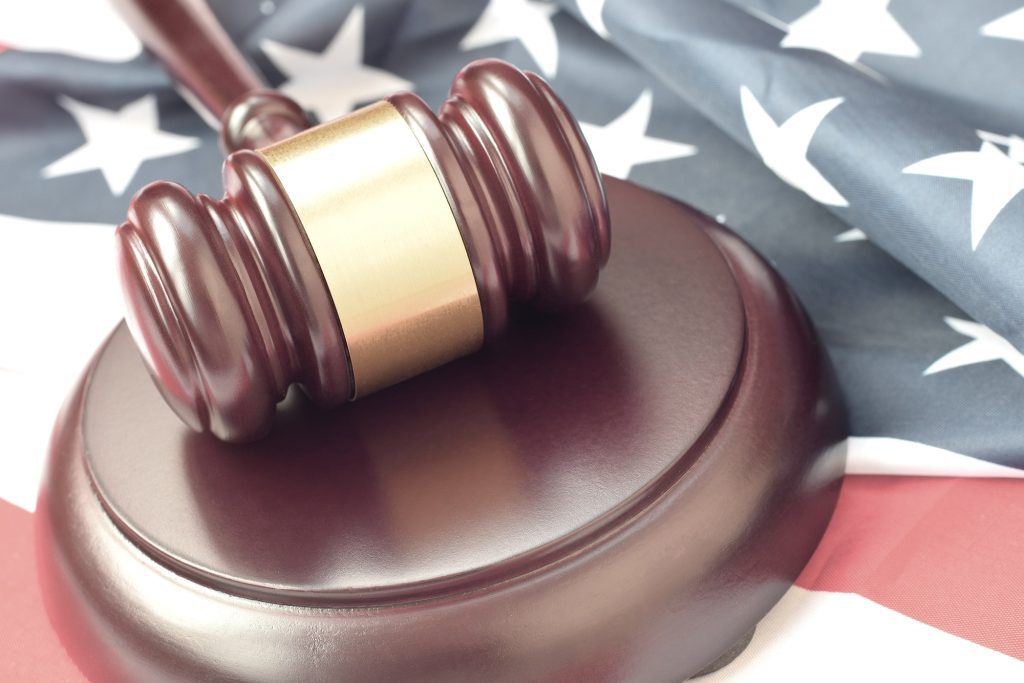US district judge challenges Montana TikTok ban
TikTok’s aggressive pursuit of legal solutions demonstrates its commitment to safeguarding its platform against state-level bans and preserving its user base and operations amidst an increasingly challenging regulatory landscape.

U.S. District Judge Donald Molloy has expressed skepticism towards Montana’s first-of-its-kind state ban on using the short video-sharing app TikTok. The ban, approved by the Montana legislature and set to take effect on January 1, 2024, is facing a court challenge from TikTok and its users.
During a hearing, Judge Molloy questioned the state attorney general’s office about the ban, noting that no other state has followed suit to ban TikTok. He also questioned the state’s argument that the ban is necessary to protect the data of TikTok users, suggesting that the state was being ‘paternalistic.’ He pointed out that TikTok users voluntarily give their data and questioned how the state could protect them if they willingly give that information to the platform.
The State Legislature passed Senate Bill 419 earlier this year, which states that TikTok can’t operate in Montana and that app stores can’t offer it for download within the state’s borders. It institutes penalties of up to $10,000 for each violation, with another $10,000 each day a violation continues. Individual users, however, would not face penalties. In response, ByteDance-owned TikTok has initiated legal proceedings against the state of Montana’s prohibition and requests a temporary court order to prevent its implementation, citing breaches of the First Amendment.
Five Montana content creators have filed a separate case to block the state’s ban on the video-sharing app before it takes effect. They argue that the app has been in use since 2017, and letting Montanans continue to use it will not harm the state.
Why does it matter?
These legal actions serve as a vivid illustration of the escalating conflicts between technology firms and government entities, particularly concerning issues such as data privacy, national security, and foreign influence. The forthcoming verdict on TikTok’s case in Montana may establish a significant precedent that will significantly impact the regulation of social media platforms throughout the United States and will likely shape the approaches of other states and federal authorities when dealing with comparable issues.

